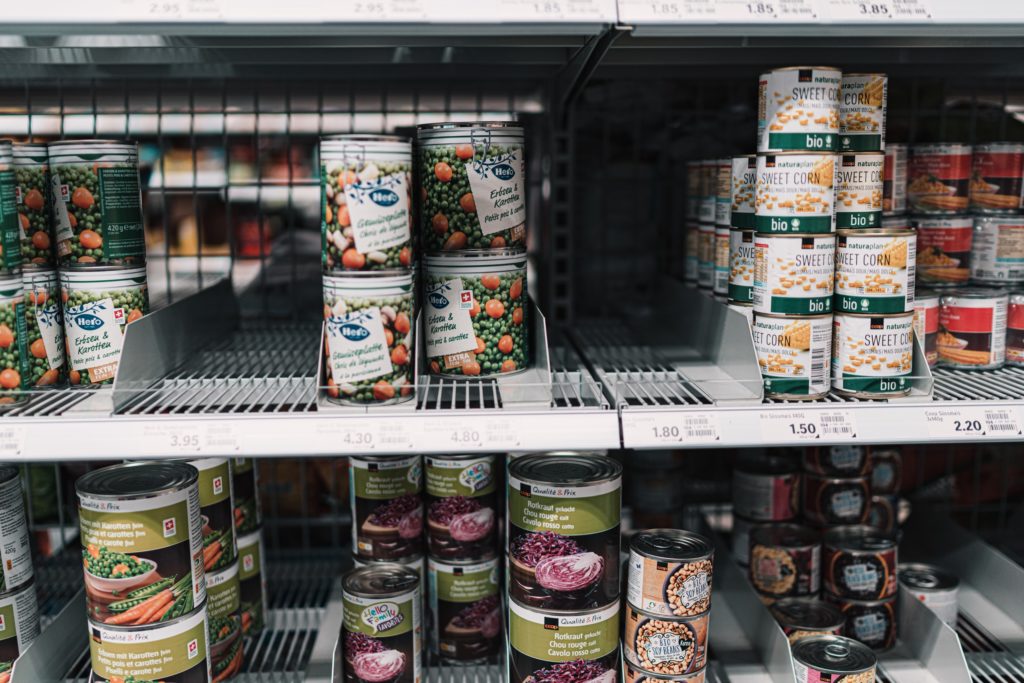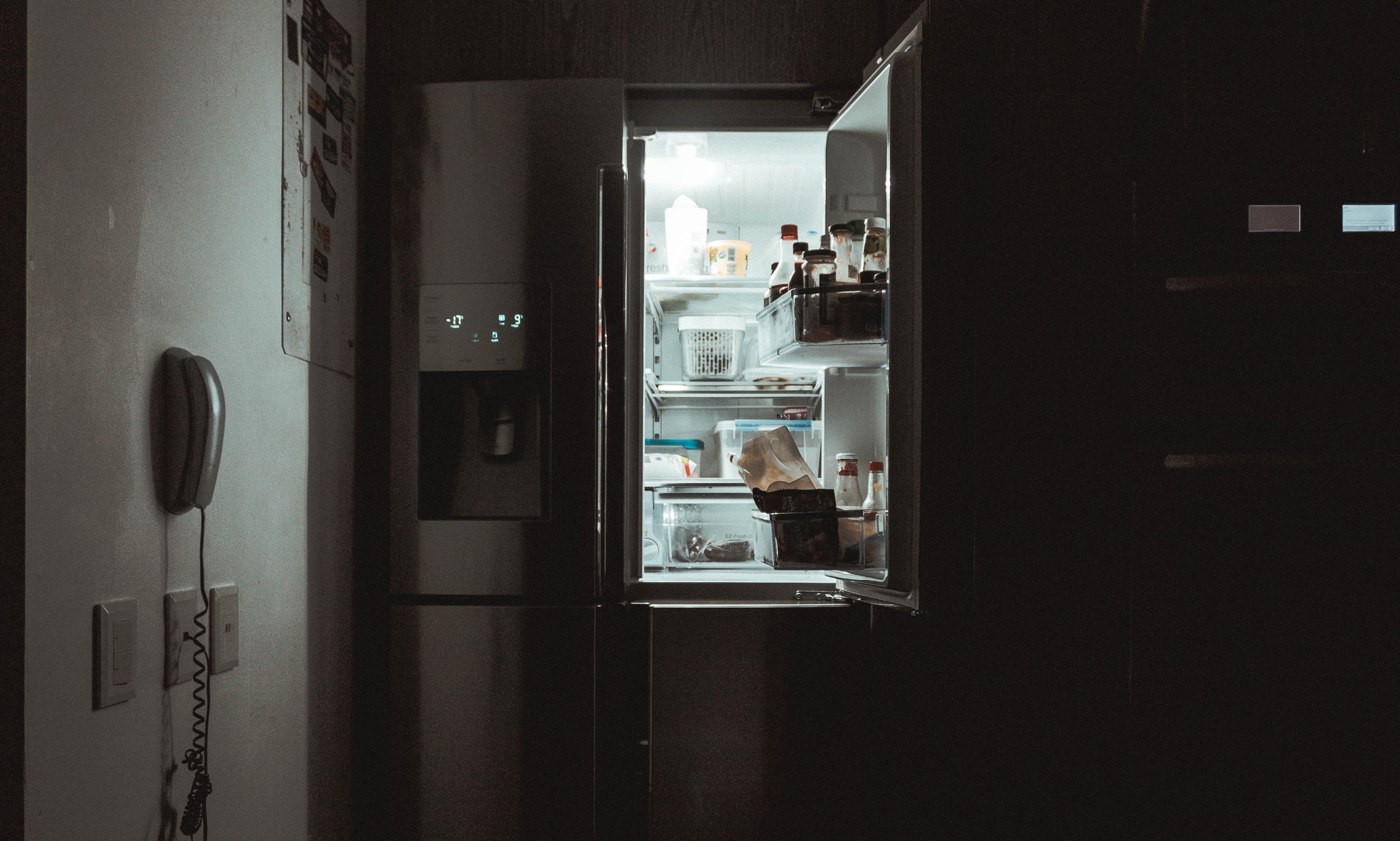CBS is involved in two large-scale international studies about people’s changes in food-related habits during the pandemic
By Meike Janssen
It might sound familiar: Since the beginning of the Covid-19 pandemic, photos of homemade bread, fancy meals and desserts are circulating on social media while empty pizza cartons are piling up in the neighbours’ garbage bin. It seems that many people have changed their food-related habits during the pandemic, partly in opposite directions.
That is why consumer researchers from the Consumer and Behavioural Insights Group (CBIG) at CBS Sustainability launched two large-scale consumer studies [1] in collaboration with international colleagues. The studies analyse the shifts in terms of buying, cooking and eating habits that have been brought on by the pandemic and the related restrictions and lockdown measures.
Food-related behaviour is to a large degree subject to habits and routines. Changes in eating patterns are normally occurring rather slowly over longer periods of time.
Besides, we know that food consumption is largely influenced not only by personal preferences but also by context, i.e. where we eat and with whom we eat.
Since the beginning of the pandemic, we have been experiencing the unprecedented case that many people have spent much more time at home. That also means many people have eaten more meals at home than before the pandemic. Now, we are beginning to understand what consequences these changes in the context of food consumption have had, e.g. in terms of how (un)balanced the diets have been or whether people’s cooking skills have improved.
Findings
Our data was collected at the end of April / beginning of May 2020 among more than 1.000 consumers in Denmark. The food frequency questionnaire revealed a number of interesting trends. Depending on the type of food, 10-45% of consumers changed their consumption frequency during the pandemic compared to before. In all food categories, we observed diverging trends with some people having decreased and others increased consumption. We observed the highest rates of change in the categories frozen food, canned food, and cake and biscuits, while the lowest rates of change occurred in the categories bread, dairy products, and alcoholic drinks.
For all types of fresh food analysed, the proportion of people who had decreased their consumption was higher than the proportion of people who had increased consumption, i.e. the overall average consumption of fresh food significantly decreased during the pandemic. The consumption of sweet snacks, by contrast, significantly increased.
Partly, the observed changes in food consumption can be explained by decreases in food shopping frequencies. As expected, a decrease in shopping frequency was significantly related to a decrease of fresh food consumption and an increase in the consumption of frozen food and canned food but also of sweet snacks.

We further found significant effects of restriction and lockdown measures on changes in food consumption, i.e. the effect of the closure of:
- physical workplaces
- work canteens
- cafés and restaurants
- schools and kindergartens.
While it is not surprising that these restrictions impacted upon people’s food consumption, we were surprised to see that those people affected by the same restrictions were likely to change their consumption of certain types of food in similar ways.
For instance, people affected by a closure of their physical workplace were likely to decrease the consumption of bread, cake and biscuits. Families with children tended to increase the consumption of fruit and veggies, presumably in a pursuit to eat more healthily. At the same time, they also increased the consumption of bread, sweets and chocolate, and alcoholic drinks, perhaps as a means to cope with stress.
Single-person households, by contrast, tended to decrease their consumption of fruit and vegetables and fresh meat, probably because they ate less cooked meals. They also tended to decrease the consumption of bread, and sweets and chocolate.
The results demonstrate that the relatively strict restrictions and lockdown measures in spring 2020 affected different people and households in very different ways. While some people spent more time with meal preparation and cooking, others did the opposite.
The results provide insights, e.g. for the areas of healthy eating, food system resilience, and behavioural change. We are currently compiling recommendations for decision-makers in the food sector on how to prevent detrimental effects of the pandemic on people’s food-related habits. Key insights of the two studies will soon be published in scientific journals.
References
[1] Our relationship with food (www.food-covid-19.org), and Corona Cooking Survey (https://coronacookingsurvey.com)
About the Author
Meike Janssen is Associate Professor for Sustainable Consumption and Behavioural Studies, CBS Sustainability, Copenhagen Business School. Her research focuses on consumer behaviour in the field of sustainable consumption, in particular on consumers’ decision-making processes related to sustainable products and the drivers of and barriers to sustainable product choices.
